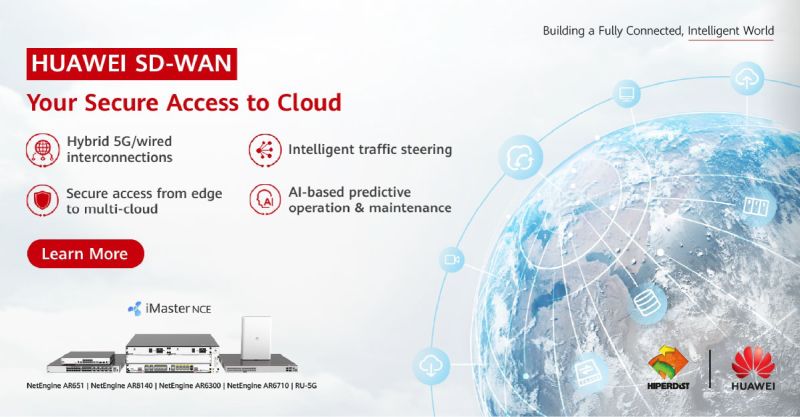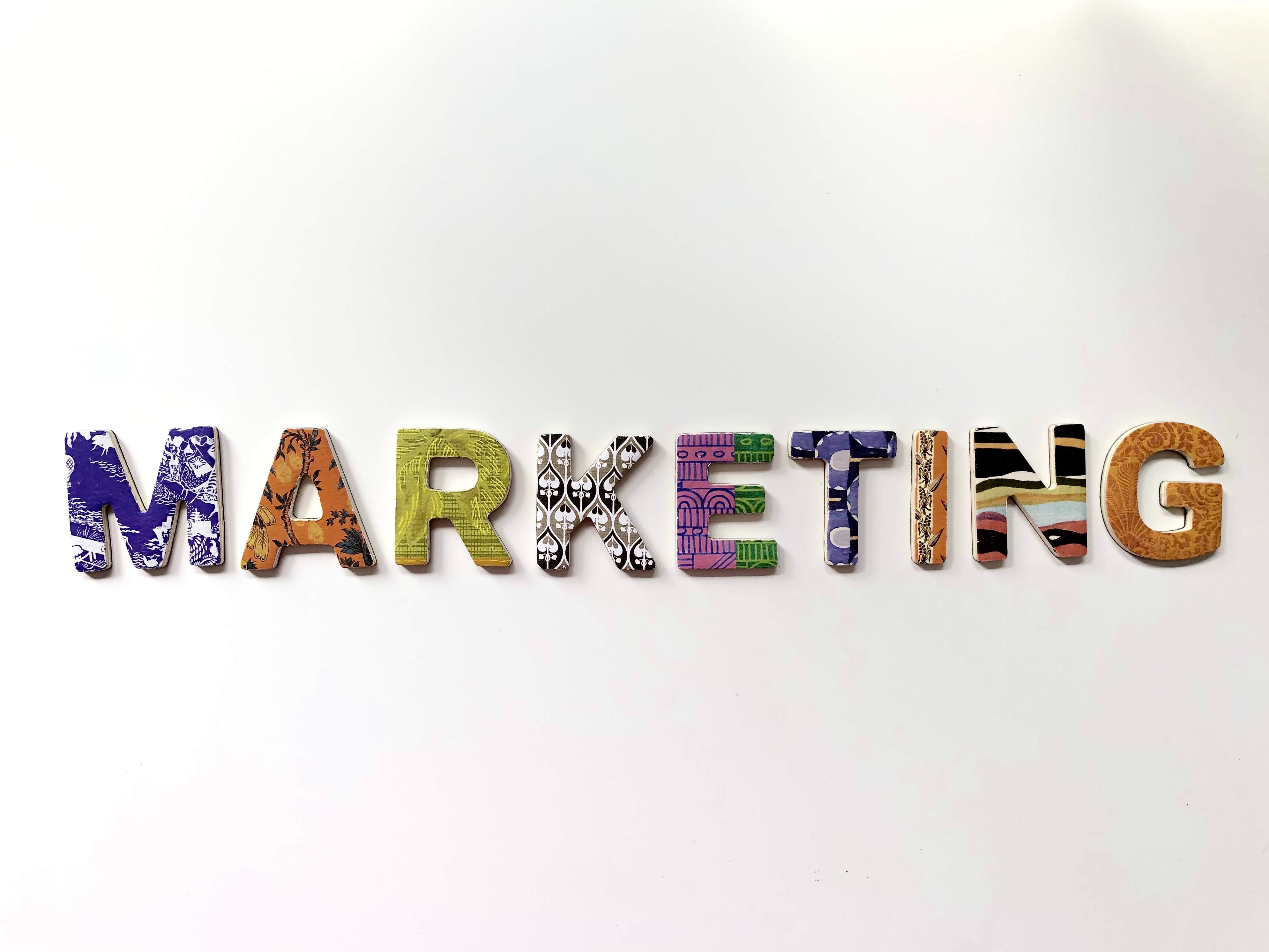Discover the revolutionary features and capabilities of Huawei IdeaHub that are transforming collaboration and productivity in the workplace.
Nicole Moletsane
Recent Posts
Build Resilience with Huawei Multilayer Ransomware Protection
Huawei Backup Storage: Securely Protecting Your Data
Huawei Idea Hub - Intelligence at your fingertips with Hiperdist and Huawei
IBM LinuxONE: The Mainframe for the Open Source Era
Topics: IBM
Artificial intelligence (AI) is revolutionising the way businesses approach marketing. From targeted advertising to personalised customer experiences, AI is making it easier for companies to connect with their customers and make data-driven decisions.
One of the most significant ways AI is impacting marketing is through targeted advertising. By analysing customer data and browsing habits, AI algorithms can identify which customers are most likely to be interested in a product or service. This allows companies to target their advertising efforts to the people who are most likely to convert, resulting in a more efficient use of advertising spend.
Another area where AI is making a big impact is in personalisation. Thanks to AI, companies can now provide customised experiences for each individual customer. This can be done through personalised recommendations, tailored content, and even personalised communication. By providing a personalised experience, companies can increase customer engagement and loyalty.
AI is also helping companies to make better data-driven decisions. By analysing customer data and identifying patterns and trends, AI can provide valuable insights into customer behavior. This allows companies to make more informed decisions about products, services, and marketing strategies.
Another area where AI is making a big impact is in automating repetitive tasks. Machine learning algorithms can automate a variety of tasks such as email campaigns, social media posts, and customer service interactions. This allows companies to save time and resources, allowing them to focus on more strategic tasks.
In the future, we can expect AI to play an even bigger role in marketing. As technology continues to advance, we can expect to see even more sophisticated AI algorithms that can provide even more accurate and actionable insights. Additionally, we can expect to see more companies leveraging AI to create immersive, personalised experiences for their customers.
In conclusion, AI is already making a big impact in the marketing industry, and this trend is set to continue in the future. By leveraging AI, companies can improve their targeting, personalisation, and data-driven decision making, resulting in more efficient and effective marketing strategies. As a result, companies that can effectively use AI in their marketing strategies will have a competitive advantage over those that do not.
By Nicole Moletsane
.png)
-1.png)



.png)



